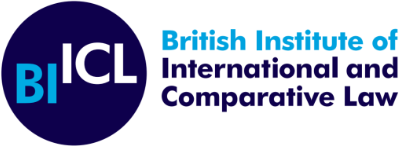Short Course:
Climate Change Litigation
Course Outline
Climate Change Litigation is an increasingly critical component of climate governance at the local, national, regional and global levels, exerting pressure on the executive and legislative branches of government to act on the climate change issues. At the same time, climate change-related cases have also been filed against private actors, mostly fossil fuel and cement companies, which are major greenhouse gas emitters. Young people, NGOs and others have taken to the courts to challenge governments' and corporations' actions or inactions.
This course is based around the most compelling practical issues and relevant sectors, while combining the scientific and legal frameworks and obstacles through which climate change litigation takes place. Finally, climate change litigation will be analysed as a global phenomenon, taking stock of landmark examples at the international and domestic levels, wherever they appear.
By the end of the course, participants will:
- Be cognizant of the role of climate litigation in pursuing climate action
- Have a clear understanding of the principal issues, dynamics and obstacles of climate change litigation, both from a domestic (comparative) and international perspective;
- Be better able to critically understand and assess the legal tools and principles related to climate change litigation;
- Be able to identify critical domestic, comparative and international climate-related cases and opportunities for climate action.
View our upcoming courses

Indicative course topics
- Global Perspectives on Climate Change Litigation
- Evidentiary and Attribution Science-related Issues in Climate Change Litigation
- Justiciability Issues in Climate Change Litigation
- International and Transboundary Climate Change Litigation
- Climate Change Litigation and Human Rights
- Climate Change Litigation, ESG and Business
- Climate Change Litigation, Product Liability and Sustainable Consumption
- Climate-related Trade and Investment Dispute Resolution

Testimonials from past attendees
"This is a really excellent course. Really informative and well structured. It is suitable for anyone interested in this area including non-lawyers."

